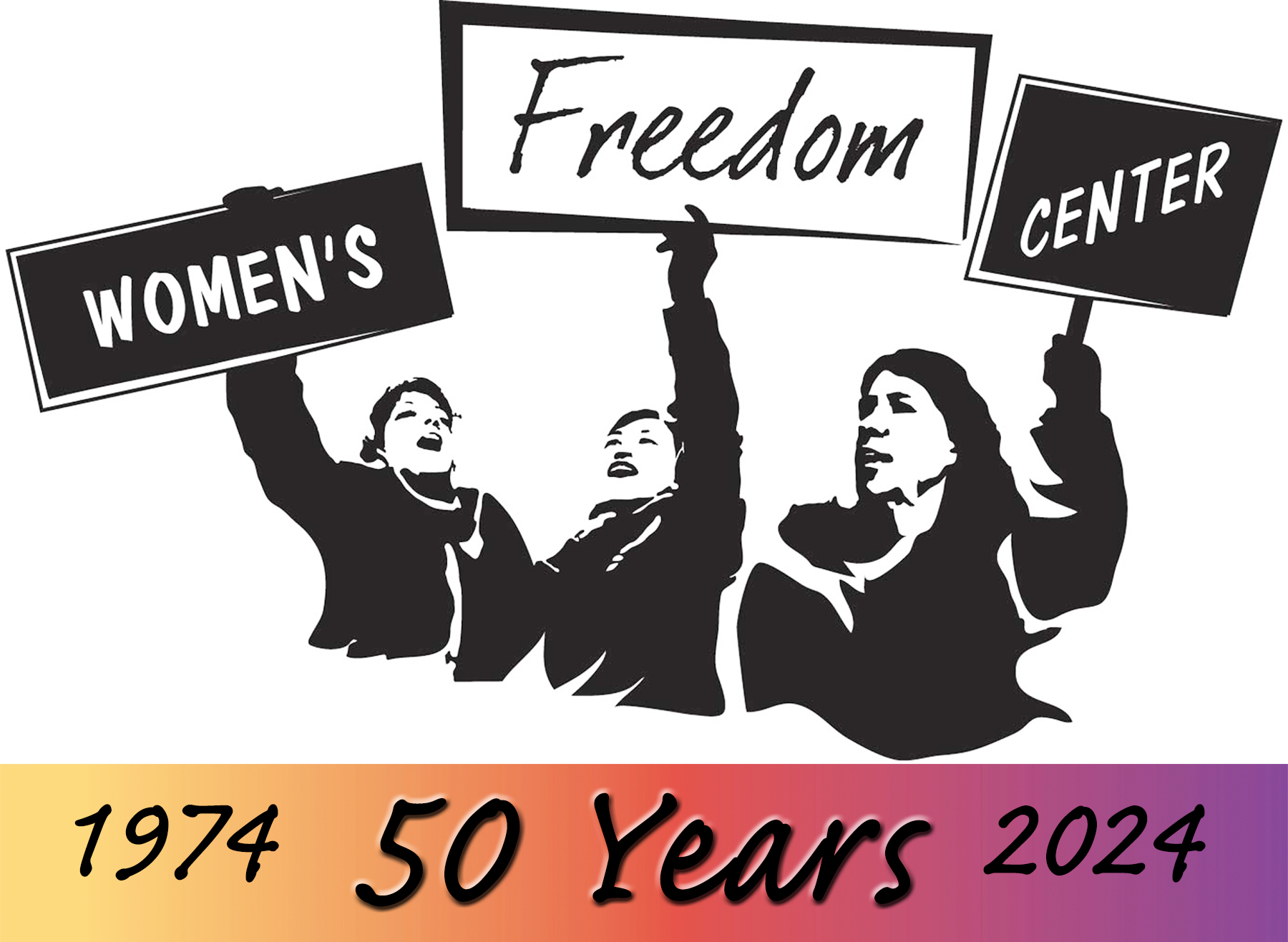When your friend’s been sexually assaulted
DO’s:
-
- BELIEVE THEM. People rarely lie about rape or sexual assault
- Listen to them and concentrate on their feelings
- Allow your friend to be silent; you don’t have to talk every time they stop
- Let your friend know you understand their feelings. For example, you might say, “You must have been really scared”
- Ask how you can help
- Offer to accompany your friend if they want to seek medical attention or go to the police
- Let your friend regain a sense of control. Support them in making decisions about who to tell and how to proceed
- Remind them that rape is the rapist’s fault – not theirs
- Offer companionship
- Help them learn about, recognize and seek support for signs of rape trauma – see Reactions to an Assault
- Tell them about the Women’s Freedom Center
DON’TS:
-
- Don’t ask questions that imply the rape was your friend’s fault like, “Why did you go with him?”, “Did you fight back?”, “Why didn’t you scream?”
- Don’t touch or hug your friend unless you’re sure they’re comfortable with physical contact
- Don’t tell anyone about the assault without your friend’s permission
- Don’t tell your friend what to do
